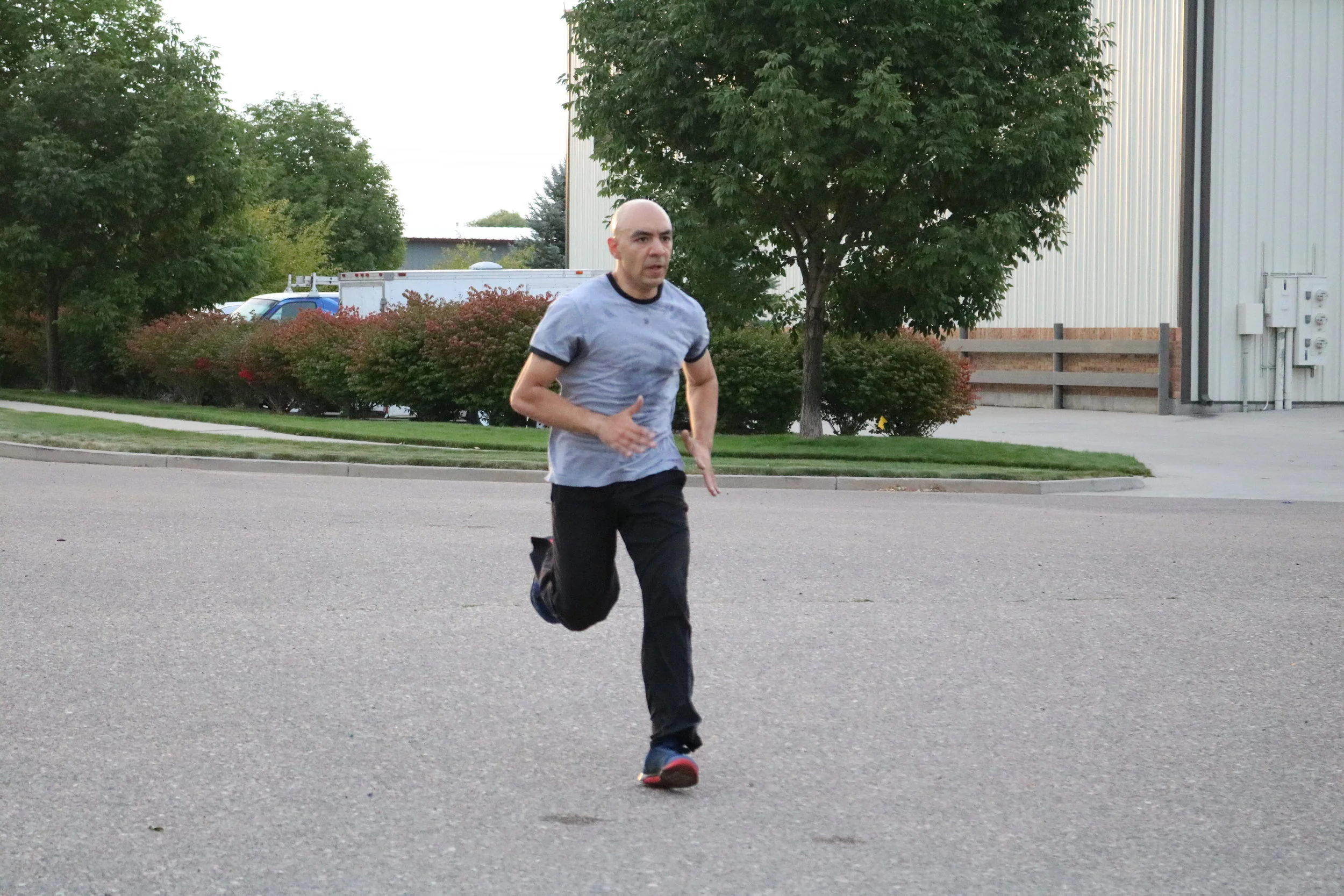190103 - Throwback Thursday
For some folks, every day at CCCF is science class. We teach Anatomy and Physiology, Chemistry, Physics, Biomechanics, Exercise Sport Science, Dietetics and Nutrition and more!
A chemistry term that I consistently use in relation to adding weight is titrate (or titration). Titration is the act of slowly adding solution #1 drop by drop to solution #2 to precisely measure the minimum amount of solution #1 that makes a reaction.
In our case, the reaction is completing the workout safely, with correct biomechanics (until fatigue sets in and the inevitable breakdown occurs), and within the timeframe of the workout.
On the board you'll often see a weight that is "prescribed" (or RX) for the particular workout. Sometimes this weight is outside the individual athlete's current ability and that's where smart scaling comes in. What we'd like to avoid is the athlete just throwing it on the bar and trying to go HAM for HAM's sake. Just working out hard for the sake of working out hard isn't training, it's working. We want to train towards specific goals.
The best approach, especially in the time gap between Strength/Skill and the WOD is to really work the ranges of motion and lifts required at low weight and slowly titrate them up to the RX if possible. If it's not possible then we still have a smart and well reasoned load at which to do the work.
Don't go Hard as M (HAM). Get Smart as M (SAM!)
? OF THE DAY - What was the first thing you learned how to cook?
WARM UP - with a partner
2 Rounds
Partner 1 - 200m row
Partner 2 -
10 DB Bent Over Row (Go light, it’s the warm up!)
10 DB Strict Press
THEN SWITCH
MOBILIZE - Dumbos
Wrist Rotations
COACH PREP -
WOD - 4 Rounds
2 minutes each
250 meter row
Max Single Arm DB Hang Clean and Press 45-50/35
Rest 2:00
SKILL WORK -
If you have 3 strict HSPU then you will be working on kipping
If you are still working on HSPU/Handstands/Headstands, then you will be doing shoulder taps! Start in a plank, box plank, and wall walks.

